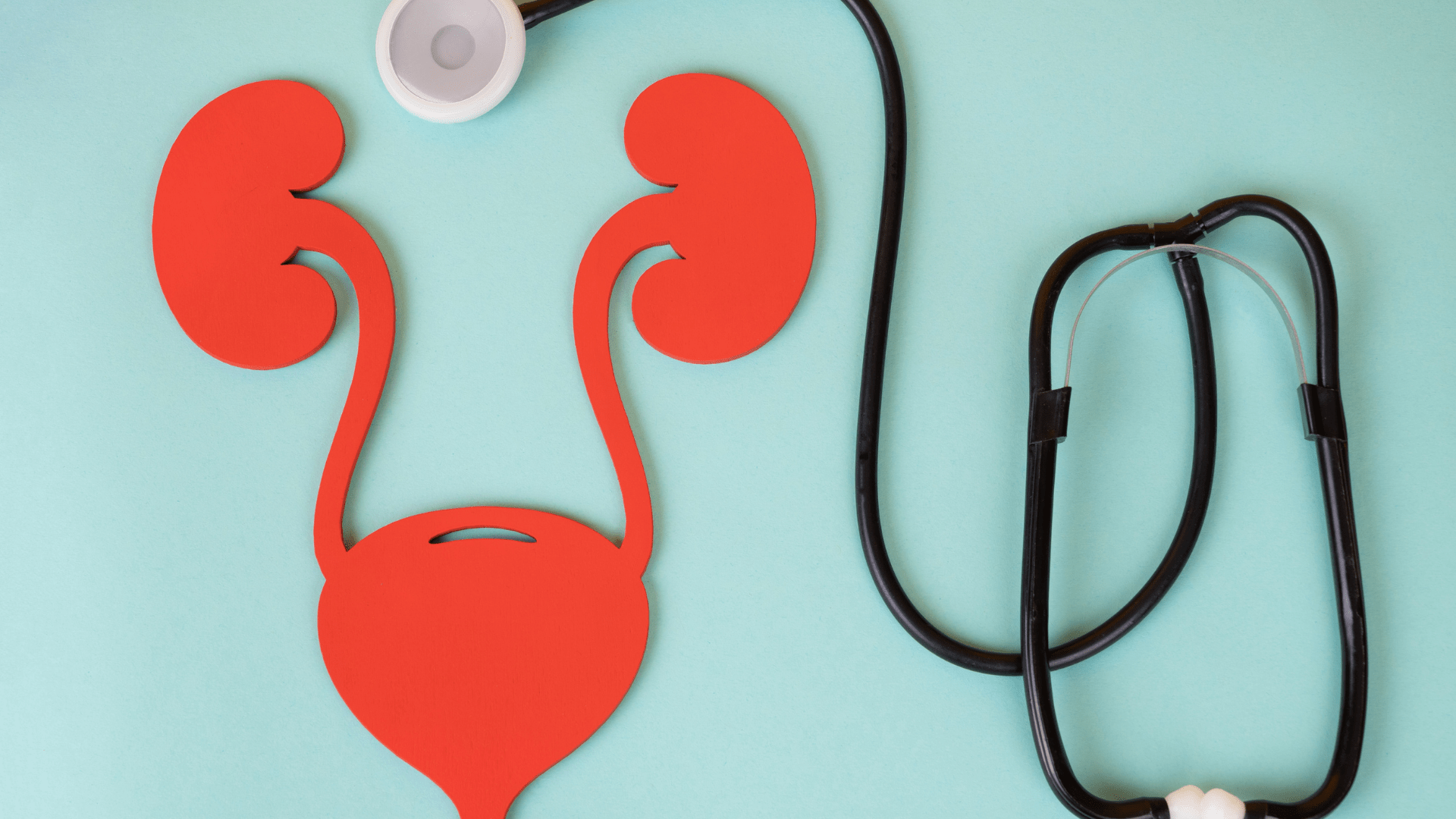Pregnancy is often a time filled with joy. The hopeful anticipation of bringing a new life into the world comes with so many plans- from baby names to nursery room decorations to gender reveal parties. But most importantly, it comes with a love so deep it starts before the baby arrives. Unfortunately, if this journey is suddenly interrupted by loss, the grief that follows is often overwhelming and invisible. For so many women, pregnancy loss extends beyond the traumatic physical event to a profound emotional heartbreak that society doesn’t know how to properly navigate.
So, let’s explore the different types of pregnancy loss, ways to cope with the emotional burden, and how to get pregnancy loss support- because no woman should have to go through this alone.

What Are The Types of Pregnancy Loss?
Pregnancy loss is defined differently in different parts of the world, and each type and experience differs from woman to woman. Generally, these are the types of pregnancy loss:
- Miscarriage: This is the loss of pregnancy before 28 weeks of gestational age in Nigeria (some countries, including the U.S, use 20 weeks as the threshold).
- Stillbirth: This is when the baby dies after 28 weeks of gestational age. In some countries, like Nigeria, 28 weeks is used; others may define it differently.
- Ectopic pregnancy: This is when the pregnancy (the fertilised egg) is outside the womb (uterus) in places like the fallopian tubes, ovaries, etc.
- Molar pregnancy: This is a condition where the tissue inside the womb grows abnormally, instead of forming a healthy baby.
Why Does Pregnancy Loss Happen?
There are so many reasons why pregnancy loss can happen, and sometimes, the exact cause may never be known. Some common risk factors include:
- Genetic abnormalities
- Hormonal imbalances
- Structural problems in the uterus
- Chronic health conditions like diabetes
- Infections
- Some lifestyle factors like smoking, alcohol consumption, or illicit drug use
The Emotional Impact of Pregnancy Loss
Aside from dealing with the physical recovery from pregnancy loss, the once-expecting mother has to deal with emotional wounds that are deeply personal in a way that only she can understand. The grief that follows is not just about losing the pregnancy, but mourning the dreams and imagined moments with a child she had bonded with but never had the chance to hold.
In her memoir, Becoming, Michelle Obama, the former first lady of the United States of America, wrote candidly about how she felt lost and alone after her miscarriage. She described feeling like she had failed in some way- a sentiment that many women silently carry.
Similarly, our beloved Nigerian actress, Adesua Etomi-Wellington, shared the confusion and grief that came with losing a set of twins with her husband, Banky W.
These experiences by these women, oceans apart, highlight one major thing: coping with miscarriage or other forms of pregnancy loss can be a heavy burden to carry for anyone. Everyone processes loss differently. For some, it may take weeks, for others, it lingers for months or years.
How To Cope With Pregnancy Loss
Grief is complex, and there is no deadline for healing. However, there are ways to help you cope with it and heal.

- Acknowledge it: Give yourself permission to grieve. Your loss is real, no matter how it occurred, or if it happened days or years ago.
- Talk about it: You can open up to your partner, a friend, or a loved one. Sharing your thoughts with those who love you, can help you heal.
- Allow rest: Recovery, both emotional and physical, takes time. Don’t be in a hurry to “bounce back”. Give yourself time to heal and be kind to yourself.
- Join a support group: You are not alone in this journey. So many women go through pregnancy losses. Sharing your experience can help in your journey to healing and provide a strength that can only be gained from a community. If you don’t know where to start, there are no-judgment anonymous support groups on the Fertitude app to help you through this experience.
- Seek professional help: Talking to a licensed therapist or grief counsellor can help you work through your emotions.
How To Support A Loved One Through Pregnancy Loss
If someone you care about experienced pregnancy loss, just being there for her can make a whole lot of difference. Avoid making statements like, “At least you can try again”, “Everything happens for a reason,” or even “You should have been more careful”. Instead, try phrases like:
“I’m here for you whenever you need me.”
“You don’t have to go through this alone.”
You don’t need the perfect words. Sometimes, the best approach is simply just being there for her.
Moving Forward
Pregnancy loss and miscarriage recovery can feel impossible, but you’re not alone. Whether it has been hours, days, weeks, or years, your experience matters. Some women may choose to try for another baby, others may not. Some may choose to talk about it openly, others may prefer the quiet healing process. Know that all these paths are valid, and the road to recovery isn’t the same for everyone. The goal isn’t to “move on” but to move forward and find a new sense of peace and strength.
References
Miscarriage: Causes, Symptoms, Risks, Treatment & Prevention
Supporting someone through pregnancy loss – The Miscarriage Association
Coping with Miscarriage – Stanford Medicine Children’s Health




